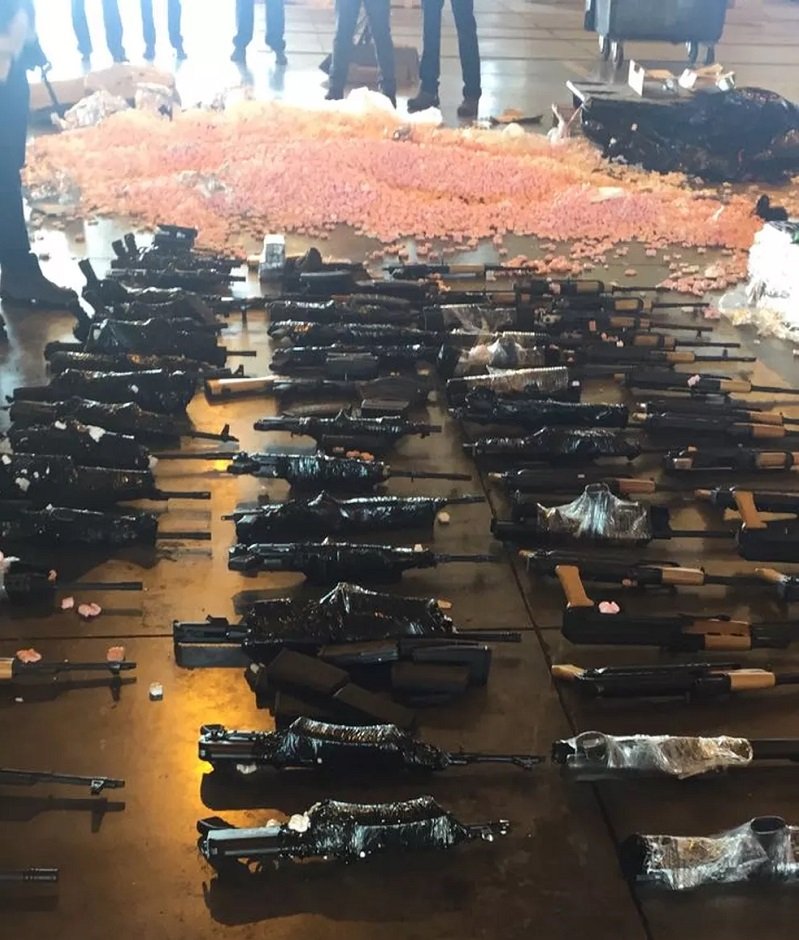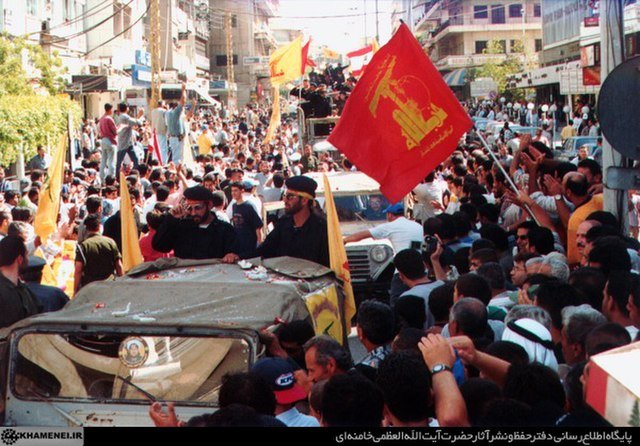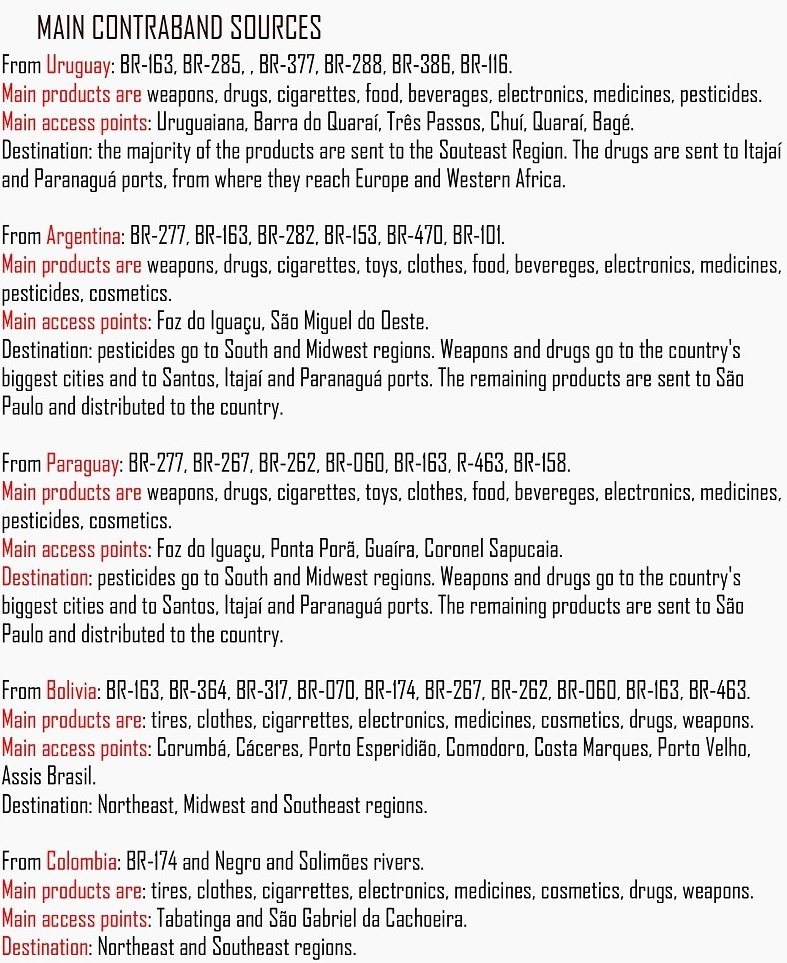In this month’s issue, we release the second of a two parts series that focus on the illegal activities in Brazil. In this text, we will we delve into the relationship between the illegal activities, which plague the country’s economy, the organized crime and terrorism. To close the series, we will debate the proposals that experts and institutions have designed to fight such a problem.
Last month, the first part presented the most relevant illegal practices found in the country, followed by a global index that showed the nation’s position in relation to its peers. Finally, we discussed some of the consequences of the illegalities.
This Content Is Only For Subscribers
To unlock this content, subscribe to INTERLIRA Reports.
THE ORGANIZED CRIME
Among the set of consequences brought about by the illegal activities, the strengthening of the organized crime, is likely one of the most damaging to society. These groups, normally focused on other businesses, such as drug trafficking, increasingly commit different crimes to expand their income sources.
Cargo robbery is one of the preferred secondary means through which the gangs obtain money. In Rio de Janeiro, the Comando Vermelho (CCV), and in São Paulo, the Primeiro Comando da Capital (PCC), the two largest criminal organizations in the country, have teams dedicated to hijack trucks on Federal and state highways and steal their cargo. In Rio, the top regions in terms of this type of crime, like São Gonçalo, are close to favelas controlled by the CV.
Big factions, such as CV and PCC, also get involved with smuggling and the trade of illegal products. They started using smuggling routes for transporting weapons, drugs, and ammunition. Nevertheless, this relation evolved, and it has become a strategic way to finance the gang. The logic that drove this phenomenon was convenience and profit. To smuggle products, it is necessary to create a criminal network. However, once the routes are properly established, it is easy to use them to bring anything that makes a profit. Sometimes, it is even more lucrative than drug trafficking, which is the case of cigarettes. The fact explains why it is not uncommon for police to have smuggled goods, weapons and drugs seized in the same shipment.

Setting the smuggling network demands transportation, which leads to more crimes. Criminals can use planes, helicopters, and boats. However, most of the journey across the borders is completed by truck or car. To reduce costs, gangs frequently resort to vehicle robbery or theft to obtain a mean of transport.
Another essential step for building a reliable smuggling route is to corrupt government officers, from police forces to politicians. For instance, in the beginning of August, a police operation arrested a group of Federal Revenue Inspectors who worked at the Itaguaí port, Itaguaí, Rio de Janeiro state. Investigations indicate that they would be working for the local militia, smugglers, and drug traffickers. The allegedly corrupt officers would share privileged information with the criminals about operations in the cargo terminal to facilitate the transport of illegal products.
The expansion of criminal organizations’ businesses also reaches the final stage of many illegal activities, which is when they arrive to the final consumer. A great example of that are the drug traffickers and militias in Rio. In their neighborhoods, these gangs also command, among other things, the commerce of illegal products or extort people involved in this commerce. There are even places in Rio where it is not possible to sell legal cigarettes, because the groups enforce, through violence, a monopoly on sales of the smuggled brands.
Other practices that generate profit include the installation of illegal connections to the energy and water public networks, and clandestine cable TV and internet services, the famous “gatos”. According to the telecommunications company, Oi, there are, at least, 105 areas in Rio where gangs have a monopoly over the telecom services and where the company cannot go.
To close the cycle, organized crime needs to turn the illegal money into “legal”. For that, the groups have started to act with money laundering using bank accounts in the United States and China. And they do all this based on the income brought in by smuggling.

TERRORISM AND ILLEGAL ACTIVITIES
International studies show that smuggling can help finance terrorist organizations operating on the triple border between Brazil, Paraguay and Argentina. Criminal factions and terrorist organizations work together on the logistics and distribution of illegal products. A commission is paid to terrorist groups, which facilitate, through logistical knowledge, the transport of cargo from Brazil to the Middle East and Europe and vice-versa.
According to a report produced by risk consultant Venessa Neumann, in Lucros de Sangue (NEUMANN, Vanessa. Lucros de Sangue: Como o consumidor financia o terrorismo. São Paulo, SP. Matrix, 2018), it is estimated that the triple-border generates tens of billions a year, and part of this ends up in the hands of groups such as Hezbollah, a Shiite Islamic group.
CRIME ROUTES: A POROUS BORDER
As previously mentioned, smuggling and piracy are the most damaging illegal practices in the country. In 2020, they caused a loss amounting to R$ 260 billion, a figure that rose to R$ 290 bi in the following year, according to a survey by the Brazilian Association to Combat Counterfeiting (ABCF).
The size of Brazil, the extension and the conditions of the borders are factors that make smugglers’ job easier. Overall, in the country, there are approximately 27,800 Km of border, out of which 17,000 Km are shared with ten countries that have land borders with 11 states of the Federation (27% of the country’s extension), each one of them with its particularities. On top of that, according to the 2015 management report of the Confederação Nacional dos Transportes (CNT), in Brazil there are a total of 1,720,607 Km of roads implemented, but only 213,229 Km (12.4%) are paved.
The country also receives illegal cargo by sea and many ports are used for this purpose. Irregular products, mainly from China, arrives via sea through the ports of Paranaguá (PR), Itajaí (SC), Itaguaí (RJ) and Santos (SP). According to data released by ABCF in 2021, 65% of this type of cargo sold in Brazil comes from China, especially items that require technology in manufacturing, such as electronics and auto parts.
Paraguay is the main gateway through land for irregular goods into the country. When it comes to highways, the BR-277, which crosses Brazil transversally, and the BR-163, which crosses it lengthwise, are the main ones. Nonetheless, all other nations with which Brazil shares a border are also used. The map below summarizes the scenario:


TRAIL OF DESTRUCTION
In the 588 cities along the border, the homicide rate reveals how smuggling contributes to the escalation of crime and becomes more violent, as it is associated with drug and arms trafficking. According to Institute for Economic and Social Development of Borders (IDESF), the homicide rate per 100,000 inhabitants in these regions is several times the national average of 22.3 (2021).
An example is the city of Assis Brasil, in Acre, which, in 2018, recorded a rate of 109.6 homicides per 100,000 inhabitants. Currently, this city is the main entry route for smuggled products from Peru and Bolivia.
Beyond violence, the IDESF report indicates that this activity brings serious economic and social problems, such as school dropout, low self-esteem of the population, corruption, and economic underdevelopment.
However, these problems are usually omitted, even by the population itself, which, ends up accepting the conditions imposed by the smugglers. This occurs because, in many small towns in Brazil countryside, the passage of such goods is the main economic activity. Furthermore, the head of the criminal groups can sometimes exercise total dominance, entering local politics and promoting themselves as protectors of the citizens.
FIGHTING ILLEGALITIES
Specialists on the topic state that an efficient policy to combat illegalities could bring a series of benefits to society, among them: more economic activity; creation of more jobs; decrease in organized crime; and improvements in public services. However, for tackling this issue, the traditional repressive action from the State is not enough. It demands a joint effort involving politicians, security forces, associations, businessmen and the society as whole. Measures to make these illegal practices less profitable; riskier to accomplish; and with harsher punishments must be implemented.
The fight begins with an action that deals with the supply of illegal goods and tax rebalancing. Brazil’s high tax burden makes legal products more expensive, discourages investment and opens the country’s doors to illegality. Taxes on Brazilian goods are up to 5 times the value of the ones charged on the same items in other countries, especially the ones bordering the national territory. For instance, cigarettes taxation varies from70% to 90%, while in Paraguay, the maximum is 18%.
These criminal activities have an international nature, and they also spread themselves across the entire national territory. Thus, for specialists from the Center for the Study of Economic and Social Law (Cedes), a Brazilian research institute, to accomplish any effective repressive strategy against them, it is necessary to have an integrated system – connected databases, perform joint operations, exchange of intelligence – with national, foreign, and international entities engaged in this effort. However, even before that, authorities must define the attributions of each institution involved in this fight.
For these steps to be completed, continuous investments are necessary. Resources are also needed to hire more personnel, and in the adoption of more efficient techniques, such as A.I., drones, and intelligence operations. Efforts against new threats are also necessary, such as the online illegal commerce, which flourished during the pandemic.
The measures above could reduce an effect constantly present in Brazil: “the short blanket”. In a continental country like this, while the borders are reinforced in one region of the country, contraband migrates to another less protected region, and so on.
The path to combating illegal activities goes beyond police actions. It is necessary to develop public policies for border regions, where the illegal businesses move the economy and generates “jobs”. Tourism, navigation, foreign trade, agriculture, livestock, and mineral extraction must be explored. It also involves making society aware of the damage caused by smuggling to the economy and to people’s lives, overturning a perceived notion of less offensive crimes that some of the illegal activities have.Fighting illegal trading activities among the priority goals of the Executive and Judiciary and enact higher punishments can have a great impact as well. For Cedes team, constant heavier penalties to those in the illegal world, especially if it is found that they are involved with criminal organizations, should deal one great blow to the illegal practices.




